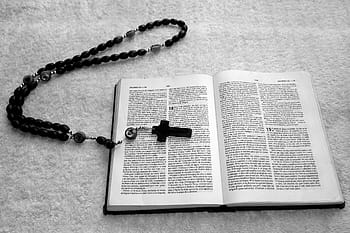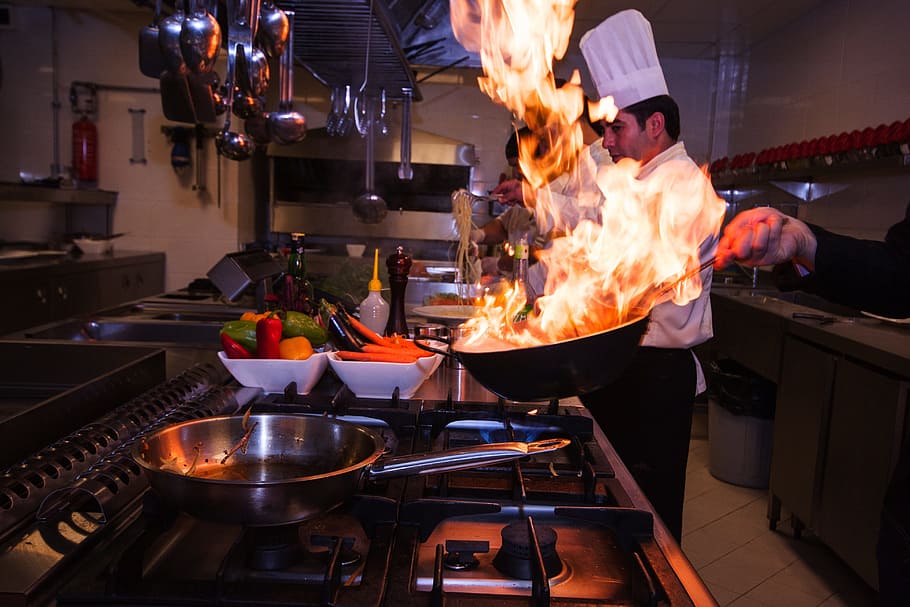Be not envious of evil men, nor desire to be with them. Proverbs 24:1
There actually is one kind of encouragement that is bad, and that is the encouragement to do bad things. Peers can encourage us to do things that are not good, and peer pressure might cause us to succumb to this kind of encouragement. Excessive drinking, especially in high school and college, is one example that comes to mind. Many people are pressured to drink or try smoking weed, they are encouraged by their peers to engage in risky behavior. Sometimes it is difficult to tell the difference between peer pressure and encouragement. “Everyone’s doing it,” or “let’s go and we’ll have a great time” sounds encouraging. “You have to do this” sounds like peer pressure, but it can also be heard as encouragement. (“You have to read this book, it’s so good,” that’s an encouraging way to use this phrase.)
We know that there is no fear in love (I John 4:18). So if someone is pressuring someone else to do something, and that person being pressured feels that they need to do what is being encouraged or they stand to lose in some way, doing something out of fear in this instance would qualify as pressure, rather than encouragement.
Encouragement is a positive thing. And it should be reserved for motivating people to do positive things. Let’s say that a group of friends is meeting on a Saturday morning to go serve at a soup kitchen, and one friend is a little hesitant about going. The other friends encourage saying “C’mon, let’s go, it is really important that we help those who are less fortunate than we are.” That is an example of encouragement. On the other hand, let’s say that two friends are shopping in the store, and one says to the other, “hey, let’s steal a pair of expensive shoes, the store won’t miss two pairs.” That is an example of peer pressure, rather than encouragement.
I think that encouragement is something that is limited to pushing people to do the good. Pushing others to behave badly is not encouragement, at least as I understand it.
This brings a new word into the equation: discernment. It may take a good deal of discernment to understand where the line is between encouragement and peer pressure, when encouragement ceases to be encouragement and becomes something destructive rather than something that builds us up.
Prayer and counsel are invaluable tools in learning to be discerning. Prayer connects us with God. It opens up our hearts to listen to Him. It slows us down so that we can hear His voice speaking into our hearts. Prayer may be a prolonged event, for example 5-15 minutes of intentional silence to be with God. Or it may be a short prayer before making a decision. Hopefully it is both. Ideally prayer is something that we set aside time for every day, time to be still and just be with God. There are many decisions that we make each day that are of no consequence—whether we eat chicken or a burger for lunch is generally not going to have long lasting consequences. However, there are decisions we make each day that have longer term consequences. Stealing and getting caught is a decision that could follow someone for the rest of their lives. It could cost someone admission to college, a job and more. So, praying before making decisions is important.
Almost as important is good counsel. Good counsel can come from a lot of sources. Parents can be a good source. So can teachers and clergy. A therapist or counselor is a good place to sort out ideas, to discern what is right and what might be wrong. And trusted friends are important. We are not talking about the friends who pressure you to do wrong, but the ones who encourage you to do right, the ones who always have your back, the ones with whom you always feel safe. I use this word “always” intentionally. Because most of us have friends that fall into two different categories—friends that are “always” good for us, and other friends who may be fun but may not always encourage us to make the right decisions.
In the area of encouragement, it’s important to realize that not everything we are “encouraged” to do is a good idea. And we have to discern sometimes, even intentions that present themselves as noble, idealistic or good, to make sure that they really are. Proverbs 14:8 reads “The wisdom of a prudent man is to discern his way, but the folly of fools is deceiving.” Sometimes it is hard to discern between what is wise and what is foolish, especially when foolishness is presented in an attractive way. It is important to develop discernment to recognize the prudent person and listen to him or her and to ignore those who deceive us into thinking that folly and foolishness are good things.
Lord, please help me to develop a good sense of discernment. Help me to see clearly that which is noble and right and true, even when what is in front of me seems attractive and inconsequential. Help me to make good decisions today, to slow down and think about the consequences of my actions. Surround me with people who will encourage me to do what is good, and not pressure me to do things that are harmful. May I also be one who encourages the good and doesn’t pressure others towards what is not good. Amen.
Make praying for discernment part of your daily prayers.
These readings are under copyright and are used by permission. All rights reserved. These works may not be further reproduced, in print or on other websites or in any other form, without the prior written authorization of the copyright holder: Reading © Holy Transfiguration Monastery – Brookline, MA, Apolytikion of Abbot Marcellus © Narthex Press, Kontakion of Abbot Marcellus © Holy Transfiguration Monastery – Brookline, MA.
The Revised Standard Version of the Bible is copyrighted 1946, 1952, 1971, and 1973 by the Division of Christian Education of the National Council of the Churches of Christ in the U.S.A. and used by permission. From the Online Chapel of the Greek Orthodox Archdiocese of America.




